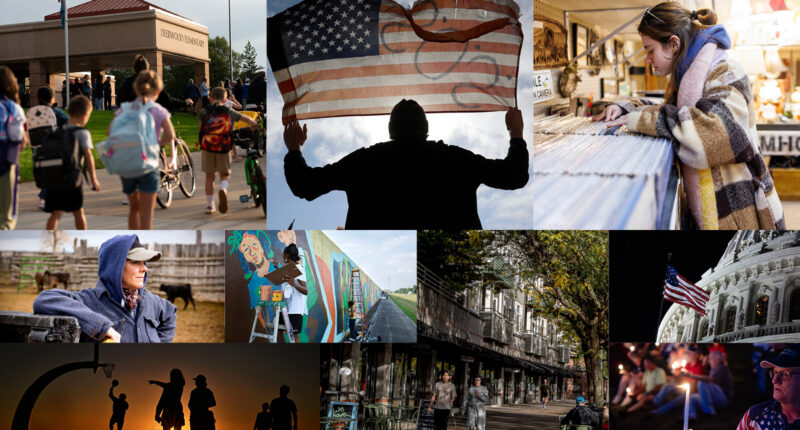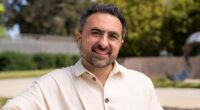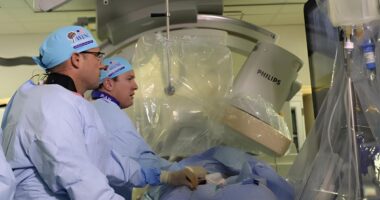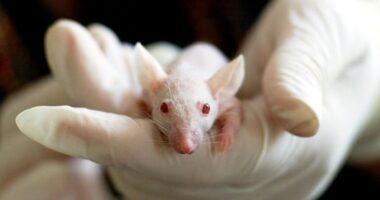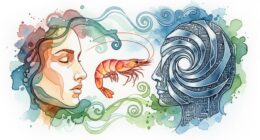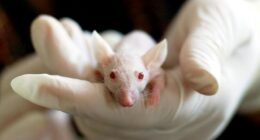Americans are grappling with a “crisis of connection”, and surging anxiety over artificial intelligence and misinformation is adding fuel to the fire, according to the American Psychological Association’s Stress in America 2025 report.
The poll found stress from new technologies has spiked. 57 per cent of US adults now cite the rise of AI as a significant stressor, up from 49 per cent in 2024. Stress from the spread of misinformation jumped to 69 per cent from 62 per cent.
The anxiety is highest among younger groups. An overwhelming 78 per cent of students report AI as a significant stressor, a massive leap from 45 per cent last year. Sixty five per cent of young adults (ages 18-34) and 60 per cent of employed individuals also reported increased stress from AI.
Tech anxieties of a lonely nation
These tech anxieties add to a nation the APA describes as profoundly lonely. More than half of adults reported feeling isolated (54 per cent), left out (50 per cent), or lacking companionship (50 per cent). The report links this directly to health, noting 80 per cent of adults with high loneliness also live with a chronic illness.
Those with high loneliness levels were far more likely to report physical symptoms of stress, including feeling depressed or sad (65 per cent vs. 15 per cent for low loneliness) and fatigue (53 per cent vs. 24 per cent).
In the workplace, stress has returned to pandemic-era highs. Sixty nine per cent of employed adults identified work as a significant stressor. However, the report highlights a disconnect, as only 46 per cent of employed adults said work gives their life meaning or purpose.
Anxiety about the nation’s future remains a top stressor (76 per cent). The strain is so high that nearly two-thirds of adults ages 18-34 (63 per cent) said they have considered relocating to another country due to the state of the nation.
Despite the stress, 84 per cent of adults believe they can still create a good life.
“This year’s findings show that people across the nation are not just feeling divided, they’re feeling disconnected,” said Arthur C. Evans Jr., CEO of APA. “Research tells us that a sense of isolation and social fragmentation can have real consequences for our ability to manage stress and stay healthy.”
